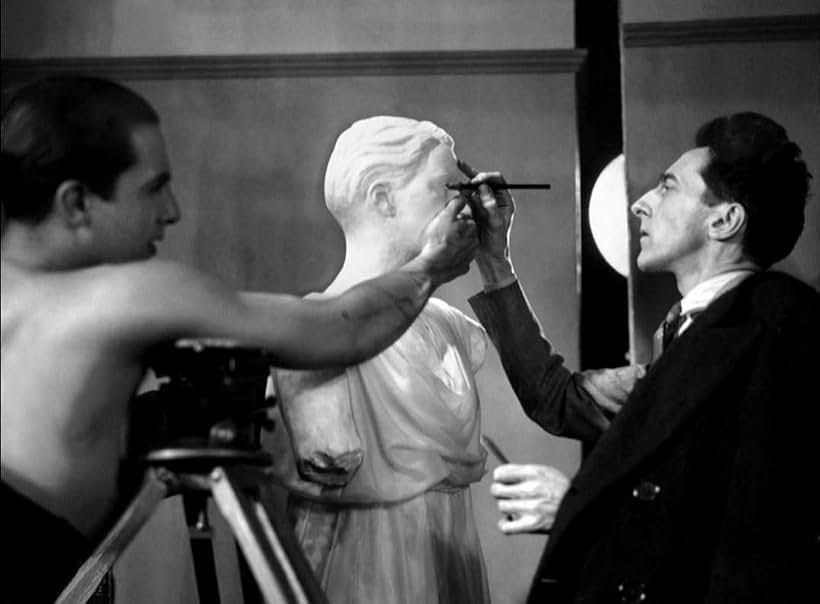The Pen of Light
Jean Cocteau's first film was nothing short of explosive.
Bonjour à tous et à toutes!
I am excited to announce an in-person Sacred Monster event in Los Angeles happening Wednesday, September 4th at the Philosophical Research Society. For more information and tickets, head to the link here. I can’t wait to see you there!
By the late 1920s, Jean Cocteau was going through it. Little did he know that what were some of his most volatile years would also be his most creatively fruitful.
In 1928, he entered treatment for opium addiction (spurred on by the tragic death in 1923 of his young protégé, Raymond Radiguet.) While there, he experienced an almost manic level of productivity, completing what would become one of his most successful and influential novels, Les Enfants terribles, as well as his first-hand account of treatment, Opium: Journal d’une désintoxication.
He found love in another protégé, Jean Desbordes, although his attempt to find another Radiguet was unfortunately dead on arrival; Desbordes’ gorgeous and sexual prose poem J’adore, for which Cocteau wrote a foreword, was ridiculed by Cocteau’s friends – and enemies. Re-awakened sexually, in 1928 Cocteau also published Le livre blanc, a book of erotica – though anonymously, so as not to upset his mother.
The Surrealists – the group organized (mostly) around André Breton, who published his Manifestes du Surréalisme in 1924 – were breathing down his neck. Though they had many criticisms of Cocteau, his homosexuality (which was never hidden in a ‘closet’) was, ultimately, the source of their animosity. Cocteau had received the blessing of their idol, Guillaume Apollinaire, and yet was the antithesis of what they considered to be ‘their’ values.
Paris is, at the end of the day, a small city; the creative world, even smaller.
By 1930, armed with one million francs given to him by the Vicomte de Noailles, Cocteau set about making his first film. He had a loose concept, but as the self-described Poet of many mediums, he would later say that in making this film, he intended simply to “write with the pen of light.”
Le sang d’un poète was released in 1932 after Cocteau’s benefactors, worried both about a potential hit to their reputations and the reception of the film by the Church, demanded re-shoots. It was still explosive and controversial after its release, anyway.
In later years, Cocteau would reflect often on what, arguably, was a piece of art that changed both the history of the medium in which it was made in addition to the trajectory of his career. Regarding its subject matter, he had this to note: “Poets… shed not only the red blood of their hearts but the white blood of their souls.”
“It is often said that The Blood of a Poet is a Surrealist film. However, Surrealism did not exist when I first thought of it,” wrote Cocteau in 1946. Unfortunately for him, it appeared to the Surrealists that it was, indeed, surreal – and furthermore, that he had beat them at their own game.





